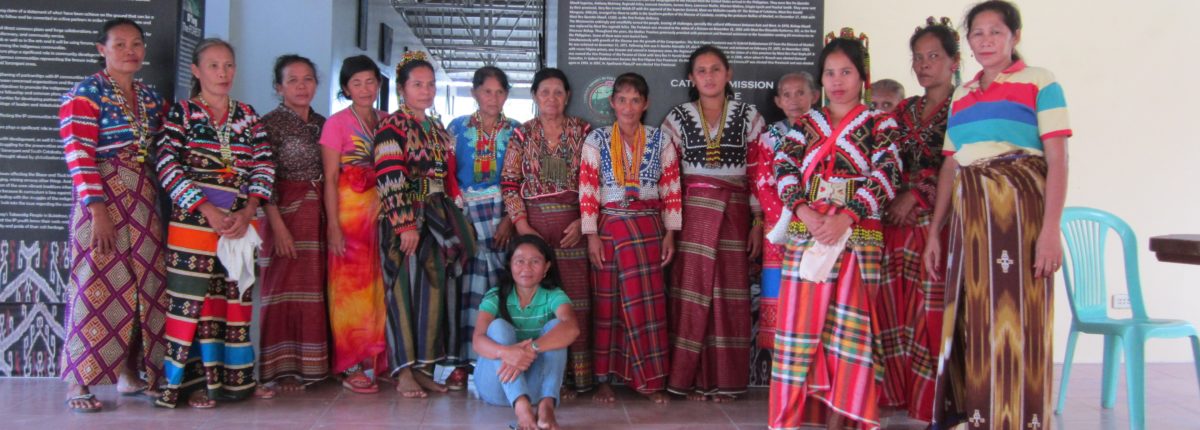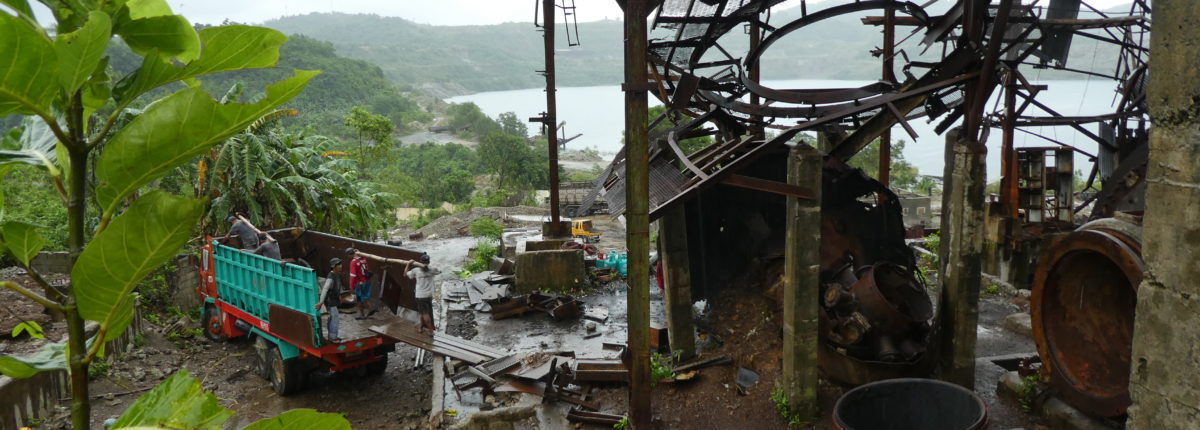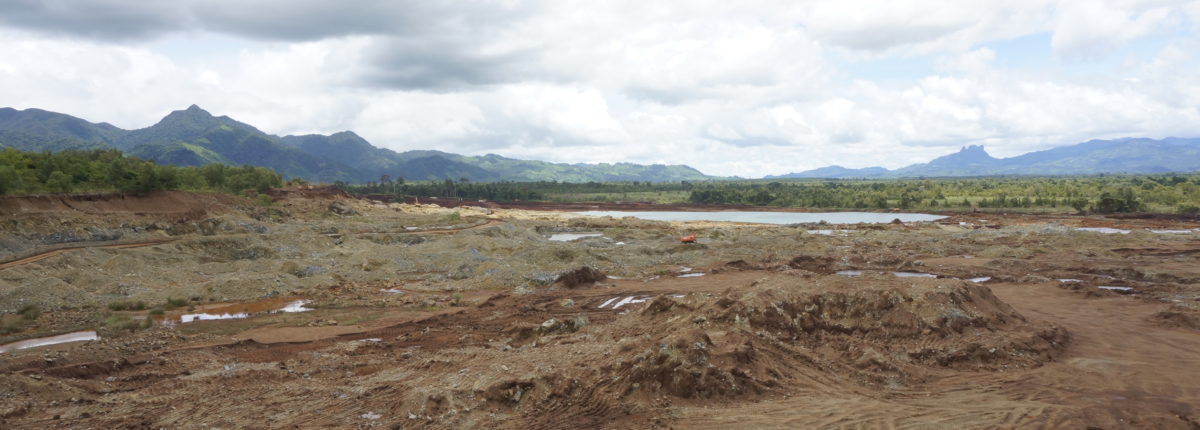From Threat to Opportunity? Problems with the Idea of a “Code of Conduct” for Land- Grabbing (2010)
The past decades have seen the emergence of a “corporate social responsibility agenda” in response to public and activist criticism of “the impact of transnational corporations (TNCs) in developing countries and on the environment.” This agenda has emerged against the backdrop of shifting perceptions of how the market, the state, and civil society function and ought to function. One prominent version of this agenda has been the World Bank’s advocacy of “good governance” as a “persuasive ethical power that allows for [corporate] self-regulation,…







